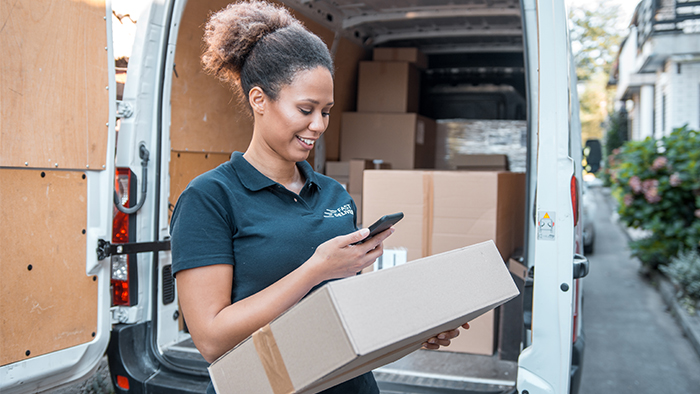How Startups Can Deliver for Retail Supply Chains
Investment Trends
- By [ Julian Counihan ]
- 02/10/2020
After years of ballooning venture capital rounds and sky-high valuations, the need for profitability is beginning to test the resolve of even the most optimistic investors. This change creates new pressure for startups and will have a visible impact on retail technology. The era of free rides is finally grinding to a halt. To ensure business continuity in tomorrow's capital environment, retailers making technology decisions should consider not just the business case for their company but whether the transaction is also profitable for the technology provider. Among the most subsidized technology products in supply chain, warehouse robots and same day delivery are two categories to watch this year.
The sale of Kiva to Amazon created a Cambrian explosion of warehouse robots fueled by venture capital. Approaching a decade since the acquisition, warehouse robot startups have raised billions of dollars to automate everything inside the four walls while subsidizing prices to meet the customer business case. As capital market attention shifts to profitable businesses, startups will begin to retreat from expensive edge cases where labor is clearly the correct decision. This will lead to an optimal, steady state mix of people and robots inside the warehouse and the hardening of boundaries around what robots can and cannot do. An example of this steady state today can be seen in Plus One Robotics whose system design combines the best abilities of people and robots to achieve the highest performance at the lowest cost.
Same day delivery is a visibly subsidized category to those inside and outside the supply chain industry, The gig economy concept was founded on the belief that by leveraging contractor networks, companies could democratize same day delivery for the mass market. In practice, a dynamic and flexible workforce was not enough to achieve profitable unit economics in all cases. With billions in capital behind them, delivery startups have identified geographies, sectors and customer transactions where same day delivery is both profitable and an improved experience for the retailer, driver and customer. Delivery companies will begin to redirect resources towards these profitable transactions under the new pressures of private capital while consumers may experience higher fees or loss of service in less profitable deliveries.

To learn more about innovation in supply chain technology and the investment strategies behind startups in this space, please reach out to Schematic Ventures.
RILA will also be featuring leading supply chain startups at our upcoming conference, LINK2020 – The Retail Supply Chain Conference on February 23-26, 2020 in Dallas, TX. Attendees will join an exclusive Startup Crawl and have the chance to vote on this year’s Startup Innovation Award winner. Learn more and reserve your front row seat to supply chain innovation here.
Schematic Ventures is a member of RILA’s Innovation Network, which brings retailers together with venture capitalists, incubators, and accelerators driving innovation across the industry.
Tags
-
Retail Supply Chain Conference


